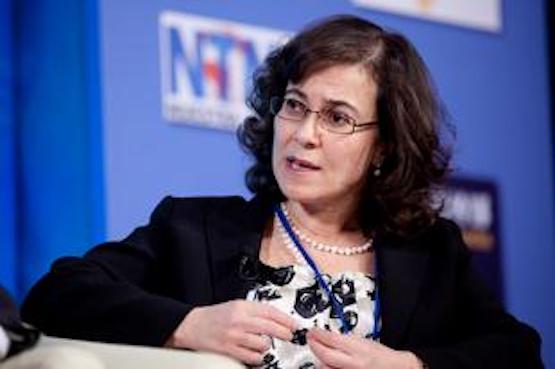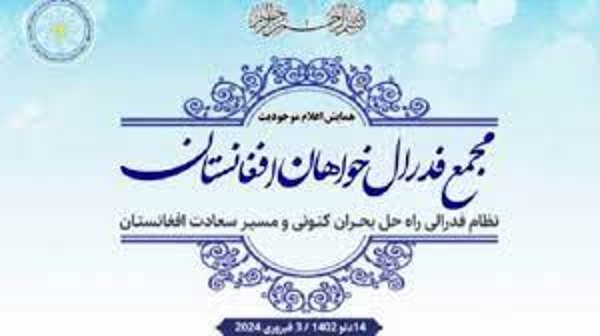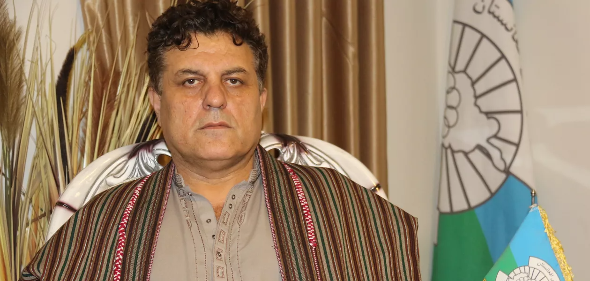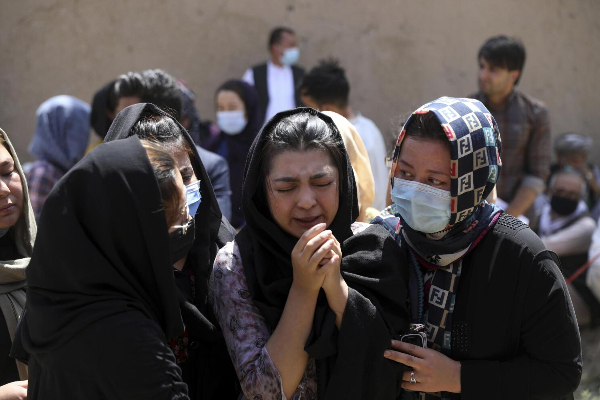The United Nations Human Rights Council welcomed the Islamic Emirateís decree on womenís rights issued on Dec. 3, saying the decree represents an important signal, but the office of the international organization said it also leaves many questions unanswered; for instance, the decree did not state a minimum age for marriage.

The UN deputy high commissioner for human rights, Nada Al-Nashif, said that the Islamic Emirateís decree on women did not refer to women and girlsí rights to education, to work, or to their freedom of movement.
Nada Al-Nashif further said that the participation of women in all aspects of life is fundamental to Afghanistanís future, and, according to reports of UN partners, restricting women from working could contribute an immediate economic loss of up to US$1 billion - or up to 5% of the countryís GDP.
"The High Commissioner and I are deeply affected by the increased reports that we receive of women victims of violence who are unable to seek safety and justice. Womenís protection shelters in Afghanistan have been closed, and most incidents of violence and harmful practices against women and girls will increasingly go unreported," said Nada.
Citing UNICEF findings, she said that of 4.2 million Afghan children already out of school, 60% are girls, and nearly 9 million children are at risk of being deprived of an education because teachersí salaries are not being paid and schools are being closed.
Referring to Afghanistanís civil society, Nada said that at least eight civil society activists and two journalists have been killed since August and others have been injured in attacks by unidentified armed men.
On Tuesday, the deputy PM of the Islamic Emirate, Mullah Abdul Ghani Baradar, told reporters: "The US, its allies and any other country should behave honestly toward Afghanistan as they behave toward other countries in the world."
LINK: https://www.ansarpress.com/english/24713
TAGS:






























 Ghani Removed From UN Heads of State List
Ghani Removed From UN Heads of State List 




